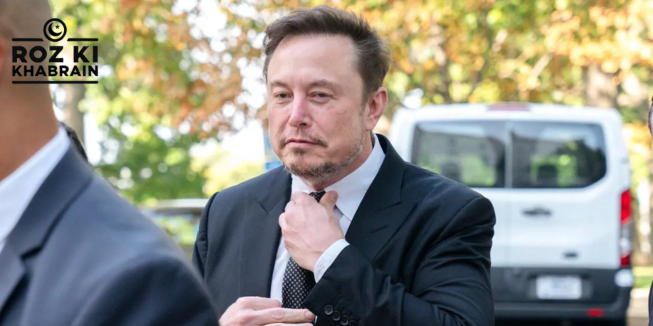OpenAI has urged a federal judge in California to dismiss Elon Musk’s request to block its transition to a for-profit model.
On Friday, OpenAI released a collection of emails and text messages with Musk, claiming he initially supported the move to for-profit status. However, Musk reportedly distanced himself from OpenAI after failing to gain a majority stake and full control of the organization.
Musk, a co-founder of OpenAI, has since launched his own AI venture, xAI. In August, he filed a lawsuit against OpenAI, its CEO Sam Altman, and others, accusing them of prioritizing profits over public interest in advancing AI. In November, Musk sought a preliminary injunction from U.S. District Judge Yvonne Gonzalez Rogers in Oakland to halt OpenAI’s restructuring.
OpenAI responded in a blog post, saying Musk should “compete in the marketplace rather than the courtroom.”
The lawsuit has since expanded, with Musk adding Microsoft and other parties as defendants, alleging a conspiracy to stifle competition and monopolize the generative AI market.
OpenAI’s court filing rejected Musk’s claims, calling his injunction request “unsupported.” Microsoft, in a separate filing, stated that it operates independently of OpenAI and that their partnership fosters innovation while competing with other players in the AI field.
Founded as a nonprofit in 2014, OpenAI has become a leader in generative AI, backed by billions in Microsoft funding. Recently, it secured $6.6 billion in a funding round, potentially valuing the company at $157 billion. OpenAI plans to restructure into a for-profit benefit corporation, with its nonprofit arm retaining a minority stake.
Meanwhile, Musk’s xAI announced earlier this month that it raised approximately $6 billion in equity financing.
Judge Rogers is set to hear arguments on Musk’s injunction request on January 14.




